One of the greatest things about Raspberry Pi is that they are small, energy-efficient computers that can be used for a variety of projects. While these systems often require less data security than traditional computer systems, it’s important to remember that any device connected to the internet requires some form of protection from viruses and malware. So does your Raspberry Pi need antivirus? In this blog post we will explore the advantages and disadvantages of different data security measures available to protect your Raspberry Pi system so you can make an informed decision on how best to protect yourself from cyber threats.
Top Projects To Build on the Raspberry Pi
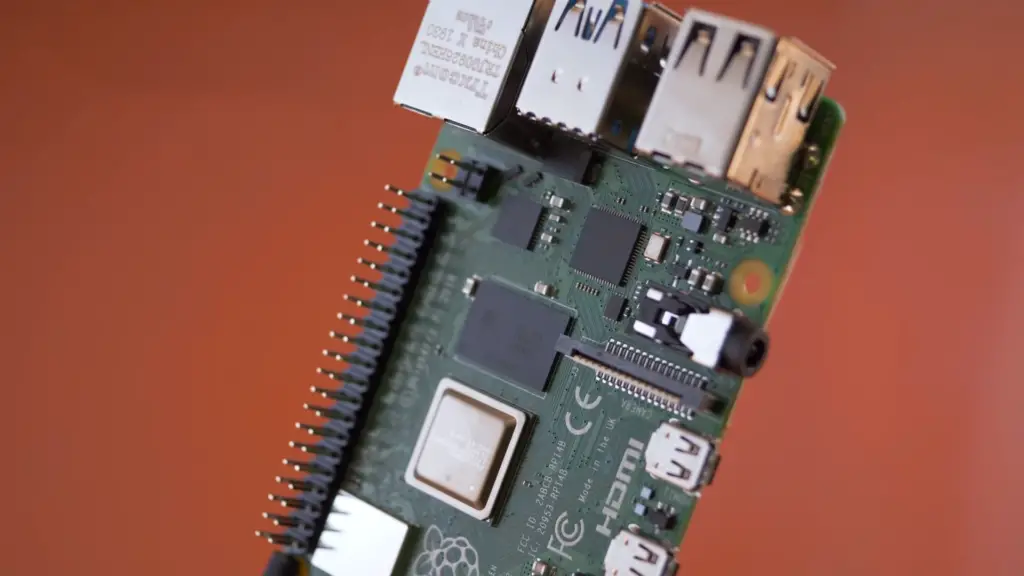
Here are some creative projects you can do with this system:
Create a Personal Media Center
The system makes an excellent media center, allowing you to stream music and movies from a range of sources. You can also use it to run Kodi, turning it into a powerful media player that supports all kinds of audio and video formats. [1]
Build a Retro Arcade Cabinet
If you’re looking for an interesting project to display in your home or office, why not build a retro arcade cabinet? With the right software and hardware, you can transform your Raspberry Pi into an authentic ‘80s-style gaming console.
Construct a Drone or Robotic Vehicle
The Raspberry Pi is well suited to building drones, robotic vehicles, and other automated machines. It’s capable of powering servos, sensors, and other devices, allowing you to create your own robotic creations.
Set up a Home Security System
Using the system’s camera module and some code, you can set up your own home security system. You can link it to motion sensors and alarms to ensure that your home is fully protected against intruders.
Design a Custom PC
If you’re into building custom PCs, the Raspberry Pi can be a great starting point. With the help of some additional hardware and software, you can turn your Raspberry Pi into an efficient home computer.
Program Your Own Games
With its powerful processor and GPU, the Raspberry Pi is a great platform for learning game development. You can find plenty of tutorials online, allowing you to create your own custom games.
Create an Internet Radio
You can use the Raspberry Pi to build a network radio station that streams audio from a range of sources over the internet. This project is suitable for both beginners and experienced coders alike.
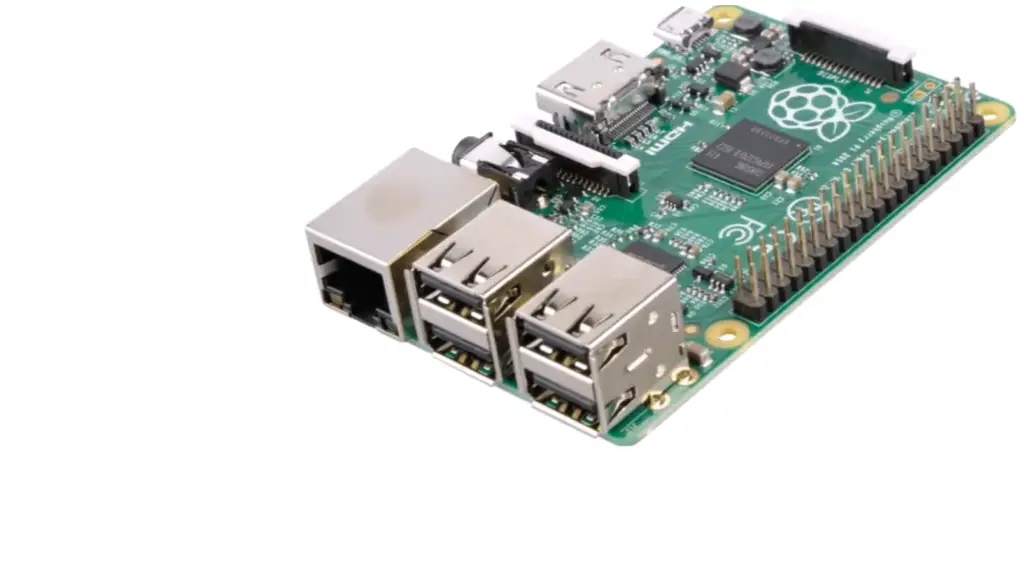
Develop a Weather Station
You can use the Raspberry Pi to build your own weather station, complete with sensors for temperature, humidity, air pressure, and more. You can also link it up to the internet so that you can access your data from anywhere. [2]
Main Advantages and Disadvantages of Raspberry Pi
The Raspberry Pi has gained immense popularity as a highly versatile single-board computer, serving a wide range of applications with its impressive capabilities. Its small size, low cost, and ability to run a wide range of software makes it perfect for a variety of applications. However, there are some advantages and disadvantages to using the Raspberry Pi that must be considered before purchasing and incorporating into your project. [3]
Pros
- Cost: The Raspberry Pi is incredibly affordable, making it perfect for hobbyists, students, and business owners who are on a budget. Prices start at around $35 for the basic models and can go up to around $100 for the most advanced versions.
- Size: The Raspberry Pi is extremely small and lightweight, making it easy to store, transport, and use in just about any project or setup.
- Software: The Raspberry Pi is compatible with a variety of software packages and operating systems, including Linux-based distributions such as Raspbian. This makes it possible to easily integrate the Raspberry Pi into existing projects without having to learn an entirely new platform.
- Performance: Despite its small size and low cost, the Raspberry Pi is surprisingly powerful. It can be used for a variety of tasks such as playing games, streaming media, or running applications that require more processing power than traditional computers.
Cons
- Power: The Raspberry Pi runs on a lower amount of power than most other computers, making it less suitable for applications that require heavy use.
- Connectivity: The Raspberry Pi is limited in terms of its connectivity options, with most models having only USB and Ethernet ports. This makes it difficult to connect the Raspberry Pi to other devices such as printers or scanners.
- Heat: As with all computers, the Raspberry Pi will generate heat when running applications and can become overheated if used for prolonged periods.
- Expansion: While the Raspberry Pi has a number of expansion ports, it is limited in terms of what can be connected to them. For example, many peripherals such as mice and keyboards require extra adapters in order to work with the Raspberry Pi. [4]
Which Raspberry Pi Models Are the Most Popular?
When it comes to Raspberry Pi single-board computers, there are several models available for different needs and budgets. Among the most popular models are the Raspberry Pi 4 Model B, the Raspberry Pi Zero W, and the new Raspberry Pi 400 personal computer kit. [5]
The Raspberry Pi 4 Model B is one of the most powerful single-board computers available and is the latest offering from the Raspberry Pi Foundation. It comes with a quad-core 1.5GHz Cortex-A72 processor, 4GB of RAM, dual-band 802.11ac Wi-Fi, Bluetooth 5.0 and Gigabit Ethernet ports for a faster connection to your network. Other features include two USB 3.0 ports, two USB 2.0 ports, and two micro HDMI ports.
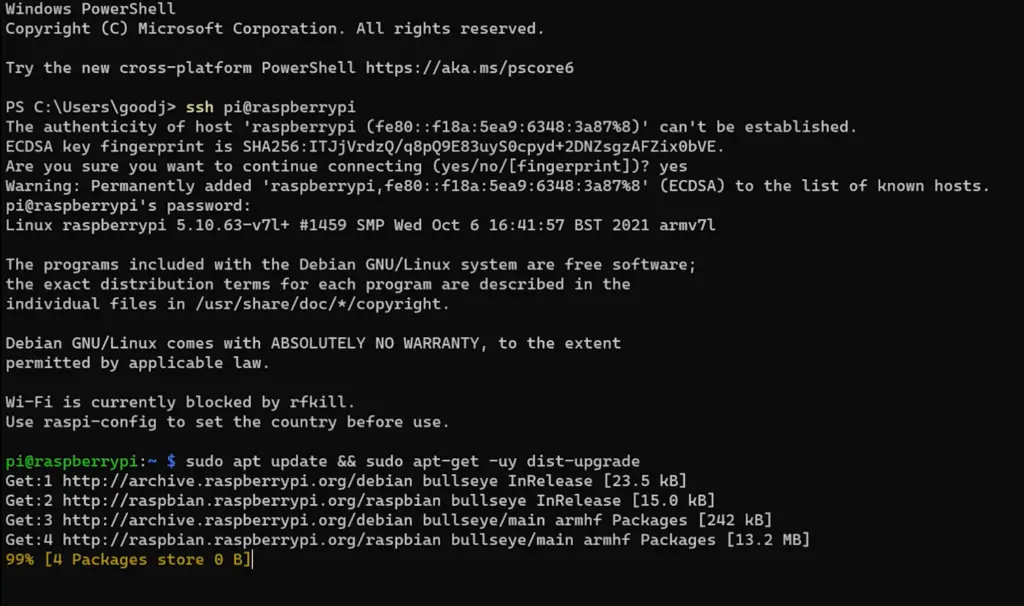
The Raspberry Pi Zero W is a low-cost version of the Raspberry Pi 4 Model B and is perfect for projects that need a compact size but still require all the power of a Raspberry Pi. It features a 1GHz single-core Cortex-A53 processor, 512MB RAM, Bluetooth 4.2 and 802.11n Wi-Fi, and a mini HDMI port for video output.
The Raspberry Pi 400 personal computer kit is the newest addition to the Raspberry Pi lineup, and it’s designed with simplicity in mind. This all-in-one keyboard computer comes with a quad-core 1.8GHz Cortex A72 processor, 4GB of RAM, dual-band 802.11ac Wi-Fi, Bluetooth 5.0 and Gigabit Ethernet ports for a faster connection to your network. Additionally, it features two USB 3.0 ports, two USB 2.0 ports, and a micro HDMI port for video output. [6]
What is Required for Raspberry Pi to Work Effectively?
The Raspberry Pi is an incredibly versatile microcomputer that can be used for a variety of tasks. Whether you are looking to set up a home server, build robots and other projects, or simply want to learn more about computer hardware, the Raspberry Pi provides an accessible platform for doing so. However, in order to use it effectively there are certain components or peripherals that you will need. [7]
The most basic components of a Raspberry Pi setup are as follows:
- A Raspberry Pi board – This is the main piece of hardware and provides the core of your Raspberry Pi experience. It typically has four USB ports, an Ethernet port, HDMI output, Wi-Fi connectivity, and a microSD card slot for storage.
- Micro SD card – This is used to store data and programs that can be run on the Raspberry Pi. The size of the card depends on what you plan to do with your Raspberry Pi; if you are just setting up a basic system then 8GB should be enough, but if you plan to install more programs or additional data storage then larger cards are available.
- Power supply – This is used to provide power to the Raspberry Pi. Depending on the version of the board you have, a 5V micro USB cable or a 9V barrel plug may be required.
- Connectivity – If you want to connect your Raspberry Pi to another computer or device then you will need some kind of connectivity option such as an Ethernet cable or Wi-Fi adapter.
- An operating system – To get the most out of your Raspberry Pi you will need to install an operating system. This can be done via a microSD card or alternatively, if your board has Wi-Fi connectivity, it can be downloaded and installed directly from the internet.
- A monitor or TV – If you want to use the Raspberry Pi as a desktop computer then you will need a display device such as a monitor or television. You can also connect to an external monitor if desired.
- Any other peripherals – Depending on what you plan to do with your Raspberry Pi, there may be additional components that you require such as keyboards, mice, etc.
By following these steps you should have everything that is required to set up your Raspberry Pi and start exploring the world of microcomputing. [8]
Is Data Stored on Raspberry Pi Protected?
The Raspberry Pi is an excellent choice for a variety of applications. The system provides powerful and secure storage capabilities that can be tailored to meet the needs of virtually any type of computing project. With its robust security measures and features, you can rest assured that your data will remain safe and secure on your Raspberry Pi.
- One of the major benefits of using a Raspberry Pi for data storage is its support for encryption. You can use popular encryption algorithms like AES-256 to keep your data secure and safe from unauthorized access. Additionally, you can also set up a private key pair to ensure that only authorized users can access your stored data. This ensures that only those with the necessary permissions will be able to access your data.
- Another great benefit is its ability to support multiple users. You can easily configure the device so that multiple users can access and store different sets of data without interfering with each other’s files and folders. This provides an excellent level of security, as each user is restricted from viewing or modifying another user’s files.
- The system also enables you to set up a secure network connection between your device and other computers on your local network. This feature ensures that any data transferred between the devices is encrypted and secure from prying eyes. With these powerful tools, you can be sure that all of your stored information is safe and secure on your Raspberry Pi. [9]
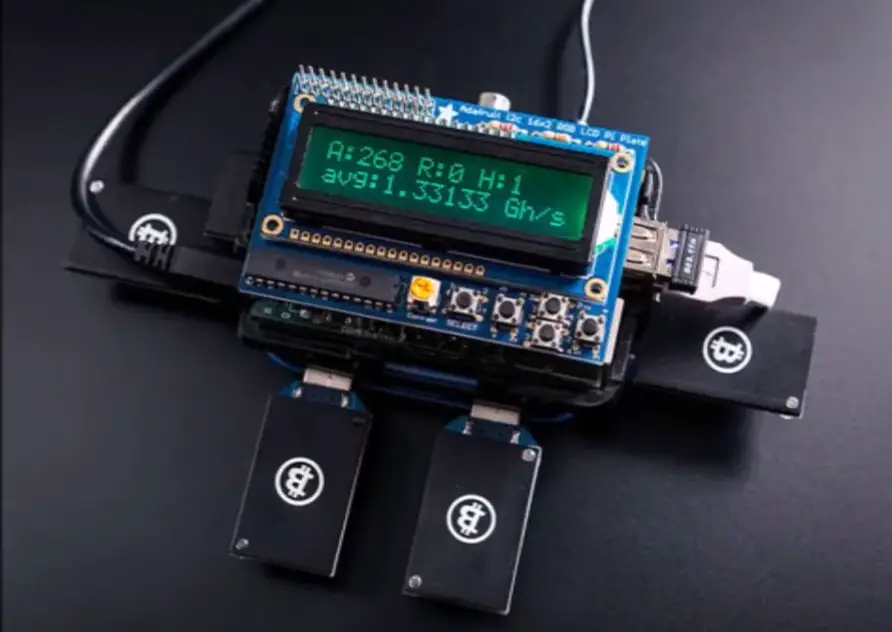
What Problems Can Occur with Data Storage on Raspberry Pi?
Due to its low-cost, small size and portability, the Raspberry Pi is a popular choice for data storage. However, it’s crucial to be aware of some potential issues that may arise when using this device. The following are some common problems associated with data storage:
- Limited Storage Capacity: The Raspberry Pi has limited onboard storage, which means you can’t store as much data as you would with a standard computer. Depending on the type of Raspberry Pi, the amount of space available will vary.
- Inadequate Backup: Unfortunately, if something goes wrong with the device, all your data may be lost. It’s important to have backups in place so that your information is secured in the event of a disaster.
- Poor Performance: When it comes to data storage and retrieval, performance can suffer due to its limited processing power. This may cause delays when accessing or transferring large amounts of data.
- Security Issues: The system is not as secure as a traditional computer, which means it could be vulnerable to hackers and malware. It’s important to ensure that you have adequate security measures in place to protect your data.
- Heat Problems: One of the biggest issues is that it can get very hot when in use, which could cause the device to malfunction or even damage the components over time. To combat this, you should ensure that your Raspberry Pi has good ventilation and cooling.
- Power Issues: It can be prone to power issues, which could cause data loss if the device suddenly turns off or malfunctions. It’s important to make sure you have a reliable power supply when using your Raspberry Pi for data storage. [10]
Does Raspberry Pi Require Antivirus?
This is one of the most common questions that Raspberry Pi users have, and the answer may surprise you. While it’s not necessary to install antivirus software on a Raspberry Pi, it’s still recommended as an added layer of protection against malicious code or hackers.
Although a Raspberry Pi can be used for many similar tasks as a computer or laptop, its architecture is slightly different and it doesn’t have the same level of security as a traditional device. So while you don’t always need antivirus software on your Raspberry Pi, it can provide an extra layer of protection against malicious code or unauthorized access.
If you do decide to install antivirus software on your Raspberry Pi, ensure you select one that’s specifically designed for the device. Some popular antivirus software, such as McAfee and Norton, are not compatible with Raspberry Pi systems.
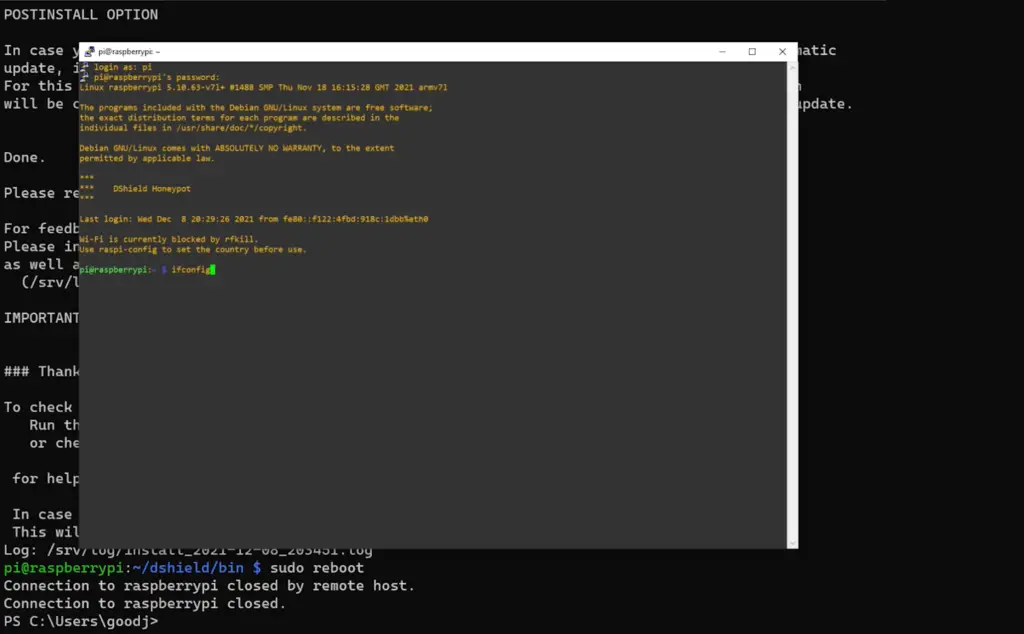
Additionally, keep in mind that some antivirus programs can be resource-intensive and may slow down your system. Make sure to research any antivirus option before downloading it to make sure it won’t negatively impact the performance of your Raspberry Pi. [11]
What is the Best Antivirus for Raspberry Pi?
Raspberry Pi is a great platform for learning and creating projects. Whether you’re coding, tinkering with electronics, or hosting a web server, the Raspberry Pi can be a valuable tool in your arsenal. However, like any computer, it’s important to keep it secure against viruses and other malicious software. So what is the best antivirus for Raspberry Pi?
Another option is to use a third-party security solution like Bitdefender that offers protection for Raspberry Pi. Bitdefender is designed to detect and block malicious files, scan for viruses, and protect against network attacks. It also includes parental control features to help keep your family safe online.
It’s essential to note that no antivirus is foolproof, so it’s always good practice to keep your Raspberry Pi up to date with the latest security patches and software updates. Additionally, it’s a good idea to install any open source tools such as ClamAV or MalwareHunter on your system before you install Bitdefender. [12]
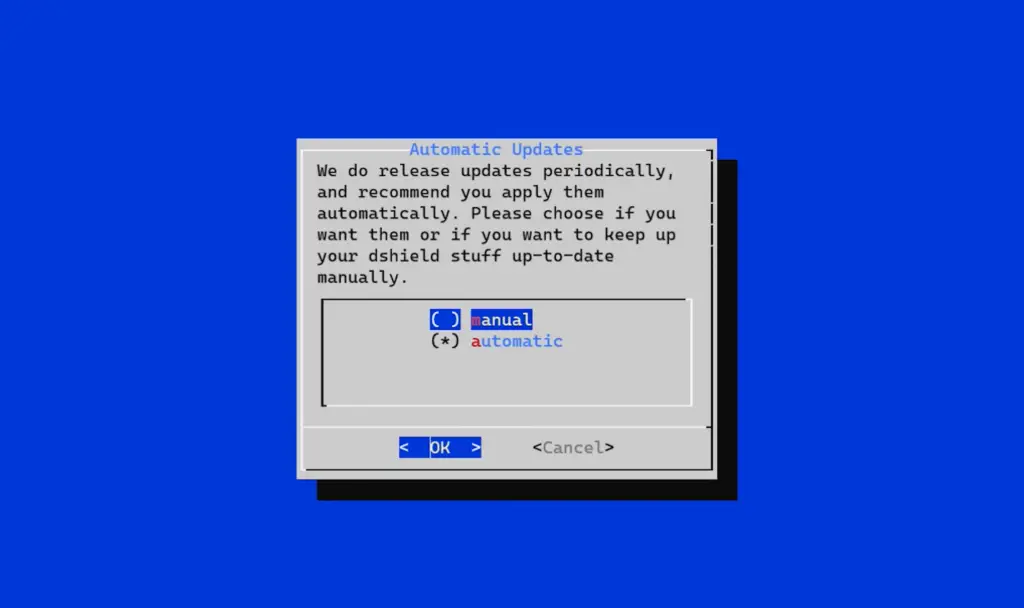
FAQs
How secure is Raspberry Pi?
Raspberry Pi is designed to be as secure as possible. It comes with a built-in firewall and encryption for data protection, making it one of the safest systems available on the market today. That said, security threats can still occur, so it’s important to take extra precautions such as updating software regularly and using antivirus protection when needed.
Do Linux systems need antivirus?
Linux systems should have an antivirus installed. While Linux is inherently more secure than Windows OS, it isn’t completely immune to malware. Furthermore, the Raspberry Pi’s small form factor makes it ideal for use in a home network and as such it can be exposed to malicious actors just like any other computer or device. That means that having an antivirus installed is essential for keeping the Raspberry Pi and other devices on your network safe.
There are a few different types of antiviruses that can be used for Linux systems, like ClamAV and AVG. These programs will help protect your system from viruses, Trojans, ransomware, and more. Additionally, they’ll scan incoming emails from time to time in order to look for any malicious attachments or links that could cause damage.
It’s also important to remember that antivirus software is only part of the equation when it comes to keeping your Raspberry Pi safe and secure. You should also practice good cybersecurity hygiene by using strong passwords, avoiding external USB drives and storing personal information securely.
Why do hackers love Raspberry Pi?
Raspberry Pi is an open source computer, making it a popular target for hackers. The ease of which the Raspberry Pi can be programmed and deployed makes it an attractive choice for malicious actors who wish to launch attacks without detection. Additionally, many individuals use Raspberry Pi as part of their home automation systems, meaning that if a hacker were to gain access to the device, they could control a variety of systems in the home. As such, it is important to consider the security and safety implications when using Raspberry Pi devices for any application.
It should also be noted that malware designed for Windows or Mac OS won’t work on the Raspberry Pi due to the differences in architecture and operating system. However, users should still take precautionary steps when using the device, as malicious programs can still be written for it.
The best way to protect a Raspberry Pi from malicious attack is by installing an antivirus program on it. There are many free and paid options available that can help keep your system safe from harm.
Can Raspberry Pi detect malware?
Yes, Raspberry Pi can detect and protect against malware. The operating system is based on Linux which has built-in security features that can prevent malicious programs from running on the device. Additionally, users may install antivirus software to further increase the security of their device. In order to be truly secure, however, it is important to make sure all updates and security patches are installed on the Raspberry Pi. Plus, users should be mindful of any suspicious emails or websites that may contain malicious code.
Useful Video: Openmediavault Antivirus: Raspberry Pi
The Bottom Line
To conclude, determining whether or not a Raspberry Pi needs antivirus protection is an extremely personal decision. If you don’t know how secure your Pi’s operating system and use case are, it might be best to play it safe by implementing some sort of antivirus solution, in order to protect yourself from threats. Though if you’re confident in your system setup and behaviors, the risk for viruses may be much lower depending on the project, and you may not necessarily need any extra antivirus protection for your Raspberry Pi. Ultimately, security should come first when using any device, so doing your own research on this topic can help understand the benefits of having added security protection for the Raspberry Pi and make an informed decision about how much control you want to have over your online safety moving forward.
References
- https://www.makeuseof.com/top-raspberry-pi-4-projects-to-start-today/
- https://www.upgrad.com/blog/raspberry-pi-project-ideas-topics-beginners/
- https://raspberrytips.com/raspberry-pi-pros-and-cons/
- https://www.pantechelearning.com/advantages-disadvantages-of-raspberry-pi/
- https://www.ign.com/articles/best-raspberry-pi-models
- https://www.tomshardware.com/how-to/raspberry-pi-buying-guide
- https://www.digikey.com/en/articles/10-things-to-know-before-starting-a-raspberry-pi-project
- https://thesecmaster.com/how-set-up-a-raspberry-pi-for-the-first-time/
- https://www.raspberrypi.com/privacy/
- https://www.makeuseof.com/raspberry-pi-difficulties-self-hosting-services/
- https://linuxhint.com/does-raspberry-pi-need-antivirus/
- https://windowsreport.com/antivirus-for-raspberry-pi/





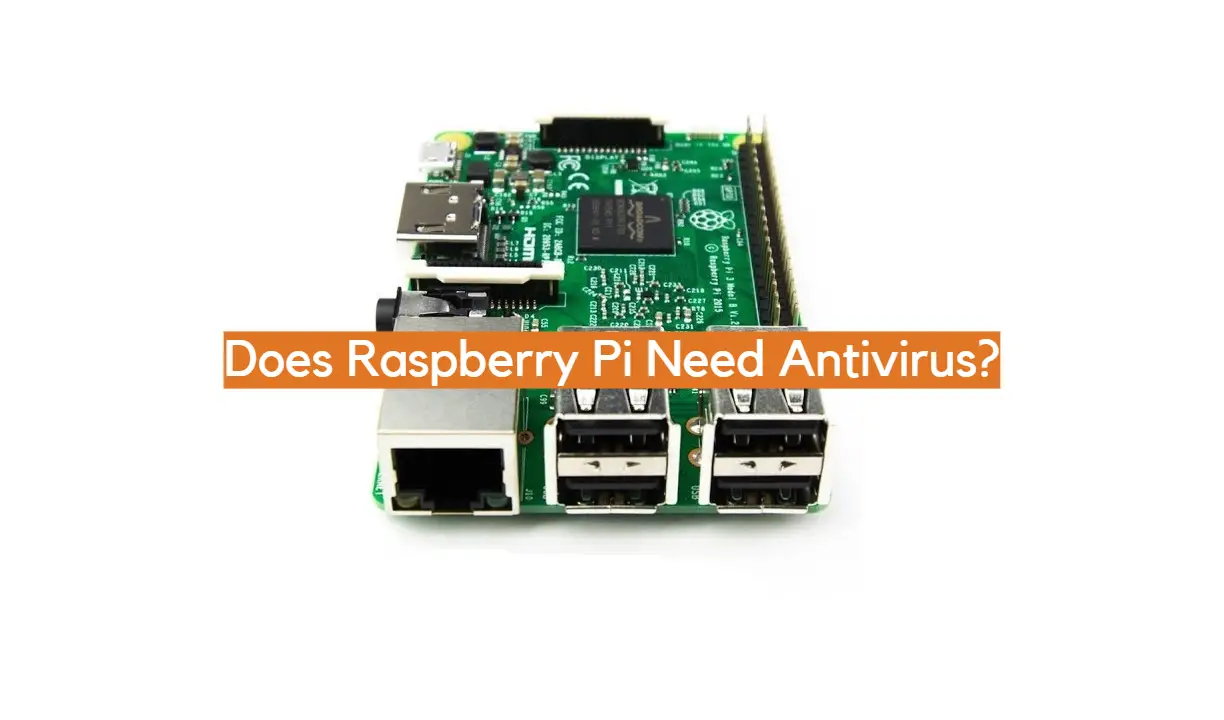



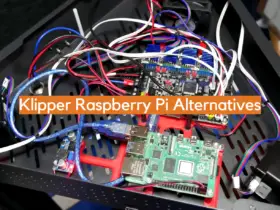

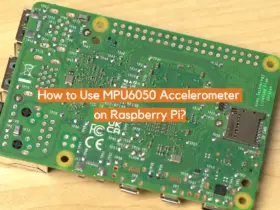

Leave a Reply